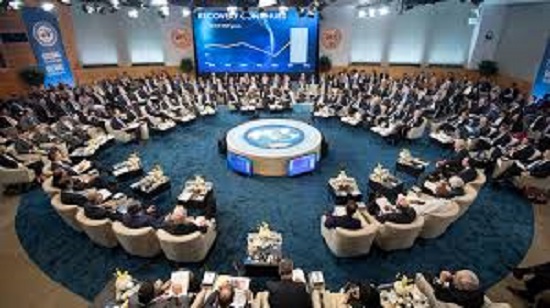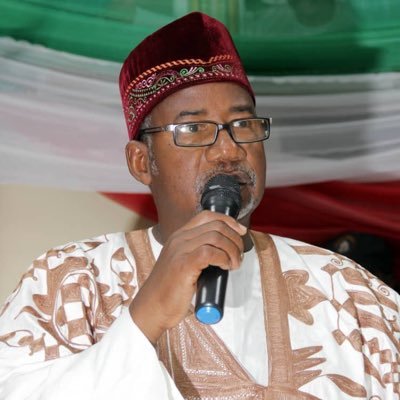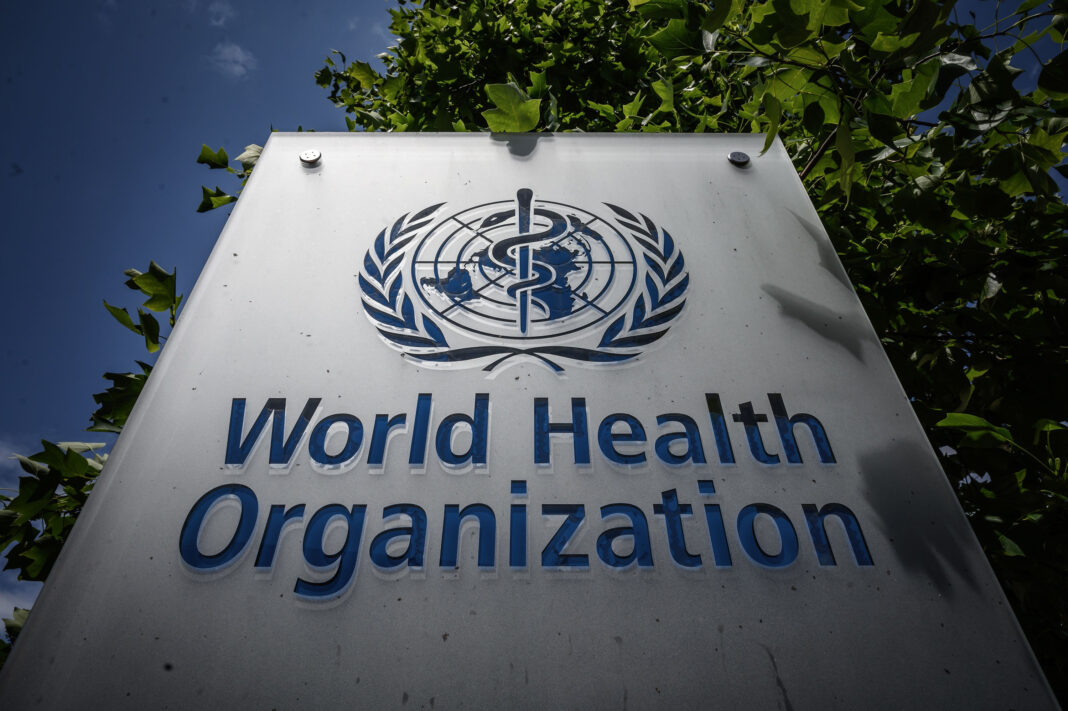By Adefolarin A Olamilekan
Global economic eventa in recent times is in a twist of fate. Especially as both developed and developing economies are upper-most in recovery from the unpleasant economic impact of Corona virus. Hence, we can not forget in a hurry the global economic projection that follows post covid-19 pandemic.
Nevertheless, just as the world was getting set to overcome the economic shock of the pandemic era.The Ukrainian- Russian war explode with it own consequences,both in human casualties and resources calamities. State Actors and non state actors have all lend there voices either for or against.
Conversly, what is generally peceives as the fall out of the Ukrainian – Russian war presently. The world cannot ignore is it impact on global economy,specifically on energy – crude oil,gas,coal and wheat food chain supply.
Chiefly, the United Nations for instance,specfically caution that the war would escalate “world food crisis”
This has left the entire global community to wakeup and set in motion how best to keep world food supply and distribution intact. However,the humanitarian crisis erupting from the war is an headache the world is grappling with.
Interesting, the foregoing is to help us appreciate the title and focus of this piece.Dissecting the recent warning and forcast from the International Monetary Fund (IMF) on global economic.
Humbly we can say, the IMF in twin seccesive report, that first upgrades Nigeria’s economic growth forecast to 3.4%.This was revealed in the Washington based Britton-Wood Institution ‘World Economic Outlook: War Sets Back the Global Recovery, report.
Second, was a warning coming from the neolibral lender in a report, titled “Emerging-Market Banks’ Government Debt Holdings Pose Financial Stability Risks”.
In the first report, the IMF was concerned with the global economic projection,that it streamline to reveal the institution thinking about Sub-Sahara African economics growth, before religiously predicting that of African largest economy. The global economy according to the Washington-based lender, is projected to slow from an estimated 6.1 per cent in 2021 to 3.6 per cent in 2022 and 2023. This recent updated is a departure from its January 2022 World Economy Outook forecasted before the ongoing war between Ukraine and Russia.
On the Sub-Saharan African region it projected 4.5 per cent in 2021, 3.8 per cent in 2022, and 4.0 per cent in 2023.
Given the projection above, individual nation like Nigeria is not isolated from global economic event.
In retrospect the IMF earlier in this year report, predicted a growth rate of 2.7 per cent for Nigeria in 2022. However, the latest update projection that is adjust due to active rising oil prices of which Brunt crude stand at $106.86/barrel. Draw attention and call for a watch.
Unfailingly, also IMF disclose a 3.1 per cent growth projection for the nation in 2023, down from 3.4 per cent in 2022 and 3.6 per cent in 2021.
All of this aforemention national forecast on economic projection in clear terms is to help in evaluating what need to be done. On trending challenges the economy is contending with on daily basis.
On the second report,the IMF strongly said there is a possibility of “doom loop” for Nigeria and other emerging economies.In the report “Emerging-Market Banks’ Government Debt Holdings Pose Financial Stability Risks”. Sadly, a ”doom loop’ is equally refers to as ‘diabolic loop’ and the popular ‘vicious circle’.This terms from economic paradigm connotes an upward or downward harmful economic impact.
According to IMF, “large holdings of sovereign debt expose banks to losses if government finances come under pressure and the market value of government debt declines,” Meanwhile,the Washinton lender disclose that there is a reason to worry about this connection between banks and governments. This was pointed out in the report as ‘doom loop’.Suggesting a negative spiral that can occur when “banks hold sovereign bonds and governments with weak public finances bail out such banks”.
Appreciably, we can understand this about Nigeria’s bank credit to the government. In recent time as taking a surging flight upward. Because as at Febuary 2022 it stand at N14.9 trillion , an upsurge from the N14.2 recorded in January 2022.
Curiously, this specifically maybe the leadoff to IMF warning about the danger of our hugely domestic borrowing and threats to economic stability.
Although in what look like a sabotages according to IMF is that holding government bond through credit “curtail lending to companies and households, weighing on economic activity.“
Thus, this could be a danger for a dependent market economy like ours. A situation where government have been told to hand over the economy to the private sector.
Moreso, if we consider the popular view of IMF. With it baggage of “fundamentalist idealogy of market forces and getting the right prices’. Instructively, the economy cannot rightly be private sector driven alone. Because to get the best of any economy,argaubly rquired public sector participation. Unfortunately, there are arguments and counter arguement on this seriously. Nonetheless,the fear over
credit to the government is believe to be counter productive.That sharply undermine investor confidence in the economy, as well as a demarket commercial banks status. For instance. banks with less capital holding government bonds in their portfolios.
may be drone into the risk, if governments default.
Regreattably, the ability of emerging-market governments to repay debts through up. One critical question that beg for answer.Why are emerging economies like Nigeria are so in debted to domestic banks and financial institutions?
The answer to the above questions require deep thinking. Because economist and the likes of IMF have told us there is nothing wrong in borrowing. Nevertheless, we have seen with our own eyes, that borrowing in itself stand to jeopadize and put pressure on the economy. Reason be that it is not going to be free from condition resulting, from global financial uncertaities,interest rate spiral and weak local currency.
Hopefully, to remedy the situation from ‘doom loop’ days. toward impactful economic growth is our take. That is, the Nigerian state in all sense of urgency must seek legislative input to enforce the economic diversification agenda. Secondly, governent at all levels must seek alternative to borrowing from domestic or foreign sources.
They should priorites their development project with available funds and ensure accountability as well as prudency.
Lastly, the CBN and DMO must ensure strict adherence to monetary rules guidelines. Especially to curtail excess and unwarrant bonds and credits to government.That could lead to bank stress, domestic shocks and unanticipated financial consequences. We believe the CBN using the monetary policy can normalize any negative impact of domestic debt on local banks and financial institutions.





